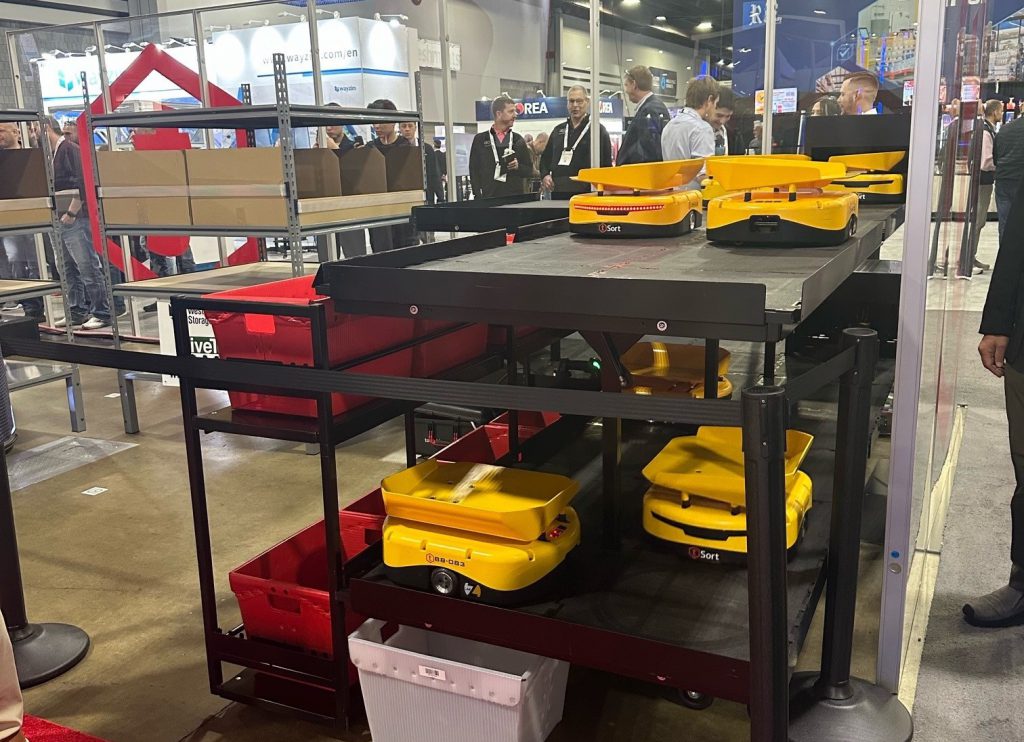Published December 15, 2014
By Tony Nuzio – Guest Blogger
Founder/CEO, ICC Logistics Services, Inc.
In today’s very competitive transportation environment, the decision to select the right carrier/partner to handle your company’s shipments should be much more than a financial decision. Yet, in many companies the “assumed” bottom line is usually the decision maker.
Price vs. Service – is there a trade off? Should there be? We think not! In fact the primary selection criteria should not involve price but rather servicing capabilities. This is not to say that price is not important, it just should not be the primary selection criteria. You see, if the carrier cannot meet a shipper’s service needs, what difference will the price make?
So, how should carriers be selected to handle a company’s shipments? We have some thoughts.
The first issue to address is to seek out long term and mutually beneficial business relationships. It should never be “we win, you lose.” And yet we consistently see from both sides of the fence, shippers and carriers alike, where one party is seeking to gain “power” over the other to control the relationship. These types of relationships usually do not last very long.
Take a recent example where a parcel carrier insisted that their customer continue to pay excessive declared value fees for their shipments from the carrier. When the shipper challenged the carrier that they could significantly reduce these costs by obtaining a cargo loss policy from their own insurance company, the local sales representative insisted that was not a good idea. He contended that when a shipper purchases the insurance from the carrier the carrier does a better job of monitoring the shipper’s packages. So, does that mean that if the shipment is not insured, the carrier does not take the same care in handling a shipper’s packages? An absurd approach to a business relationship!
How about the shipper that attempts to convince its carriers that they are true business partners, but each year re- bids his business to obtain the lowest possible rate. Certainly there is no real partnership here.
So, what other considerations should shippers and carriers take into account when seeking to do business together?
- Since carriers must continue to invest in new equipment and technology, they certainly need to make a profit. The question is how much of a profit is the shipper willing to have them make on their business?
- Shippers and carriers should be willing to do business together on an “open-book” basis. That means sharing comprehensive and sometimes confidential data with each other as any true business partners would.
- Shippers need to provide comprehensive and exact shipping requirements to their freight carriers so that there will be no surprises once they begin to do business together.
- Shippers and carriers must be willing to drive down costs together. When there is an honest and open line of communication between both parties there should be an ability for both parties to understand cost drivers and to examine opportunities to reduce those costs.
- Establish “No-Fault” communications. Shippers and carriers should work together to solve problems rather than pointing a finger at each other. True and successful, long term business relationships never involve finger pointing.
- Perform on-going measurement. In real estate it’s always location, location, location. To create successful carrier/shipper partnerships its due diligence, trust and on-going measurement to make sure all is going as planned.
Both sides in the carrier/shipper partnership should consistently seek out ways to be a better customer or service provider. In business meetings at Amazon there is always an empty chair in the room, representing their customer. What a great way to ensure you never lose sight of the importance of the customer. What’s your company doing to strengthen its relationship with its customers and business partners?
Please take a moment to check out ICC’s Blog @ www.logisticsstrategies.com.
More Resources:
Reprinted from ICC Logistics Services, Inc. with permission.
Photo credit: www.graphicstock.com



